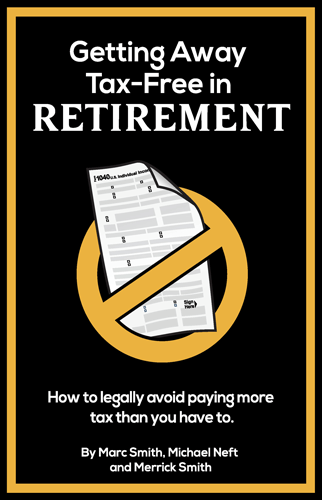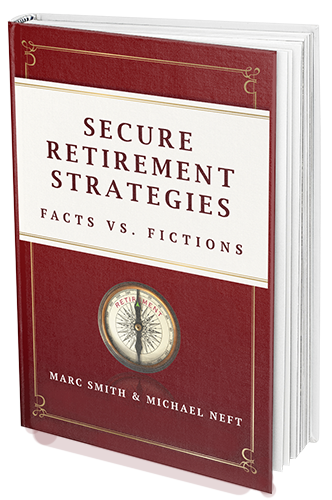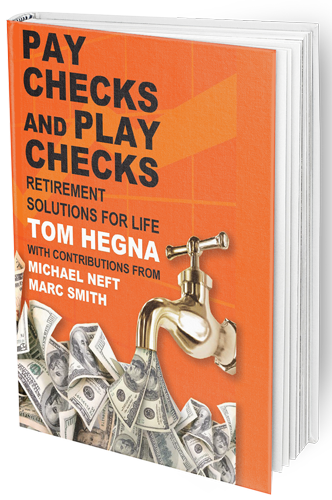How do you view taxes?
American author Wayne Dyer once said, “if you change the way you look at things, the things you look at change.” We here at Secure Retirement Strategies tend to agree with this idea, especially when it comes to your perspective on taxes.
We have a retirement crisis in this country that is only going to get worse as taxes go up. The common notion that has been drilled into our brains is “keep putting as much money into that 401(k) or 403(b) and into that IRA to save for retirement!” The problem comes down the line when you are ready to start taking that money out. Ask yourself the question, “do you think taxes are going to go up or down in the future?” Everything is pointing to tax increases in the near future, some of which we already know, and some of which are still being worked out. Either way, we have reached the inevitability of taxes going up in a variety of different ways.
Think back to the advice of putting your retirement money into that 401(k), 403(b) or IRA. The purpose of these accounts is to delay paying taxes on that money. Anything you put into these accounts delays the taxes until you take the money out at some point down the road. The problem is, you probably just answered the earlier question the same way we did, in that taxes are going up. By using an account that delays the tax on your retirement dollars, you are actually increasing the tax on that money since taxes will be higher when you’re ready to start taking that money.
How do you view taxes? Do you calculate out how to pay the lowest amount come April, or have you ever considered what your taxes will look like over the entirety of your retirement? Utilizing a LIRP, or Life Insurance Retirement Plan, potentially in combination with a Roth conversion, allows you to take control of your taxes and potentially eliminate them altogether if you are willing to change from a short-term view to a long-term view of taxes.
Contact us today if you’re willing to take a new perspective on taxes and evaluate how they will affect you over the course of your entire retirement.







